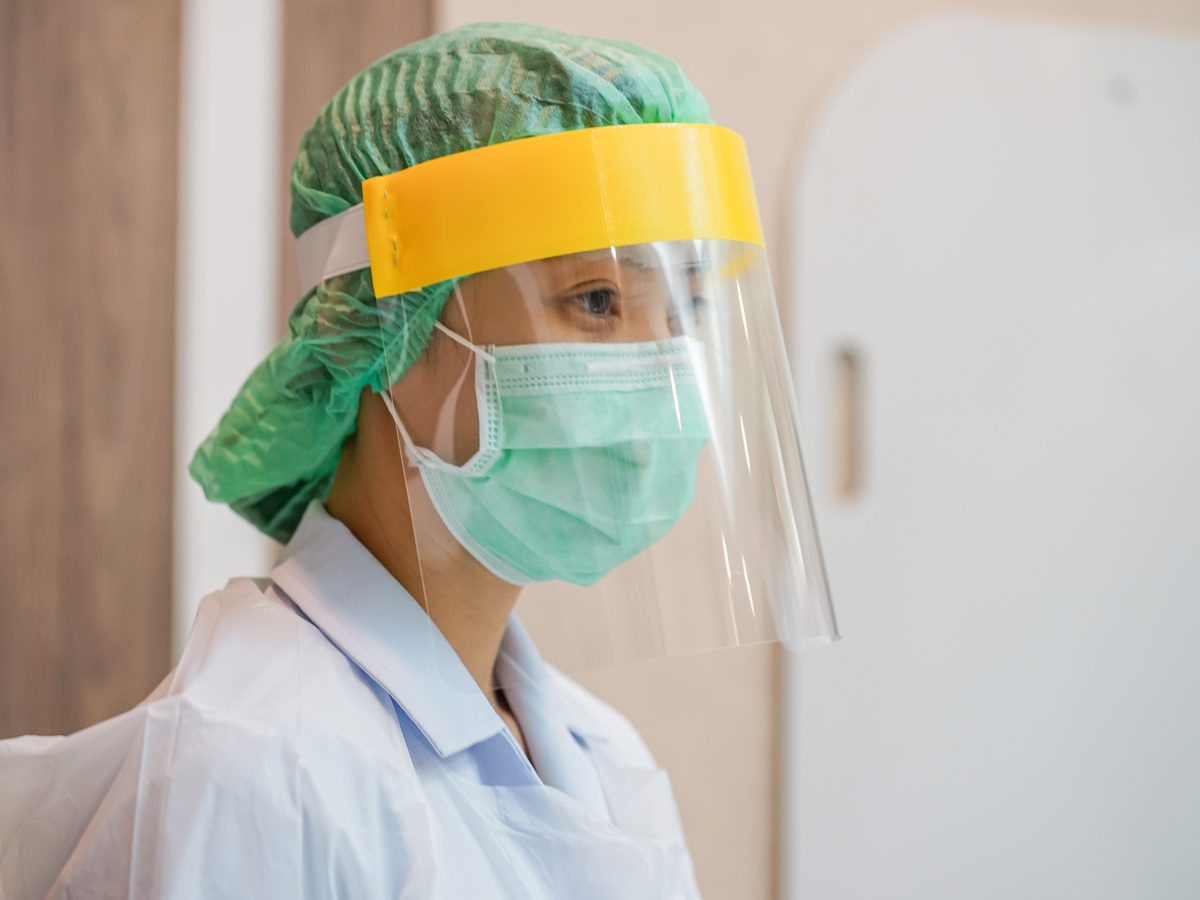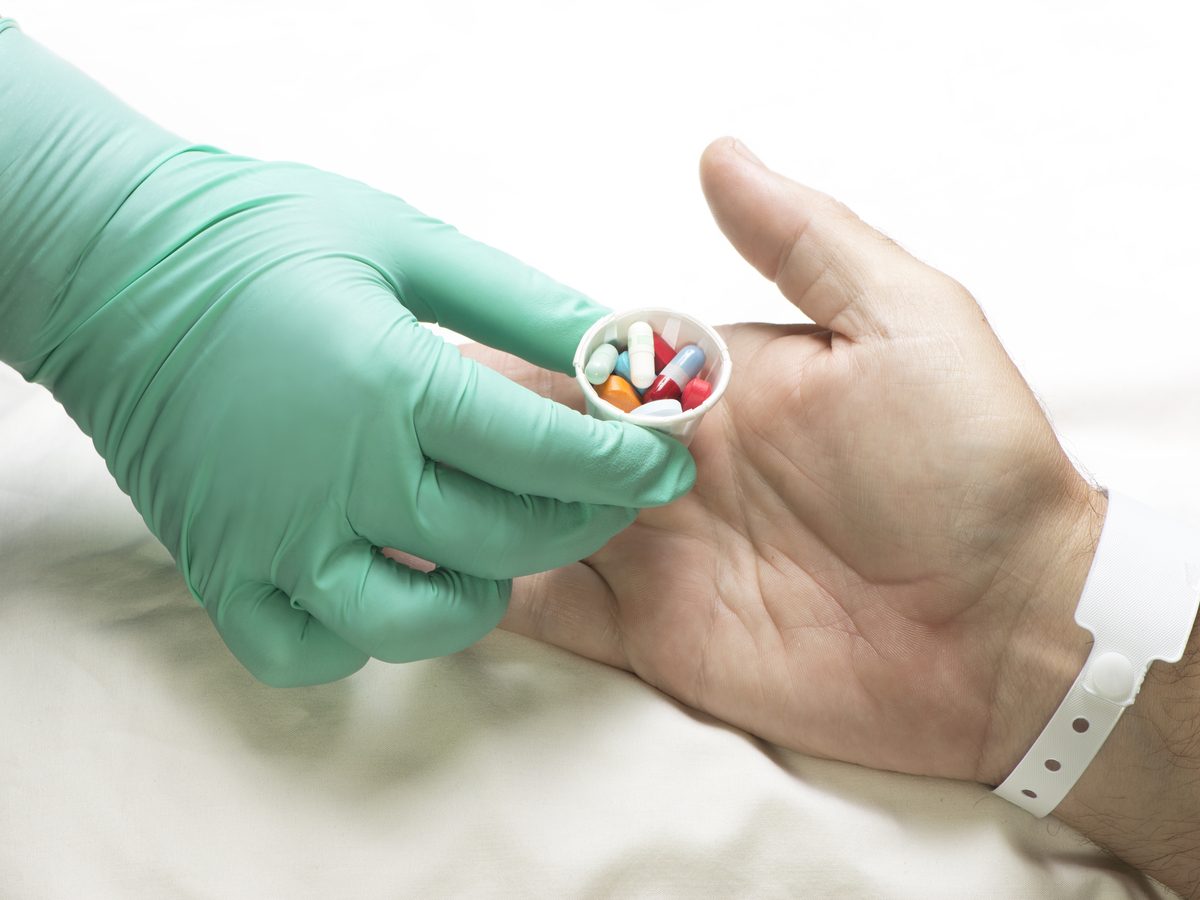
Nurses are front line workers
Nurses have been on the front lines during the COVID-19 crisis. They make up about half of Canada’s health-care workforce, and are the largest group of regulated health professionals. In remote areas, they may be the only health-care providers around.

Don’t assume a nurse is always a she
About 10 per cent of Canadian nurses are men—and in the past five years, the growth in male nurses was triple that of female nurses.

Nurses don’t just work in hospitals
A growing segment are now home health nurses, who will shoulder much of the care of Canada’s aging population. Their goal is to keep you healthy and safe where you live.
These tips will help you make the most of aging in place.

They are in short supply
With so many elderly Boomers, Canada will be short an estimated 60,000 registered nurses by 2022. The situation is especially acute in Ontario, where there are 20 per cent fewer nurses per 100,000 people than the Canadian average.

Unsafe staffing levels put nurses at risk of violence
“Sixty-six per cent of Canadian nurses say they’ve been physically assaulted at work,” says Linda Silas, president of the Canadian Federation of Nurses Unions (CFNU). “Rates of abuse and harassment have crept up in the past decade.”
A Canadian ER nurse reveals what it’s like fighting coronavirus on the front lines.

Nurses get grumpy too
Got a grouchy nurse? Even the most compassionate person can suffer burnout. In 2016, Canadian nurses worked an estimated 20.1 million overtime hours according to the CFNU.

Medical errors are shockingly common
According to the Canadian Institute for Health Information, for every 18 hospitalizations, one patient will experience unintended harm—such as an incorrect medication dosage. “If you have any doubts about your treatment, ask,” says Silas. “Any question is worth asking.”
Use this guide to decode outrageous hospital lingo.

Silence is golden
Try not to talk to a nurse while they’re preparing your meds—one Australian study found that with every interruption, the rate of mistakes went up 12 per cent.

Squeamish about needles? Speak up
Even nurses can relate. “I do 20 to 50 blood draws and injections a shift, but I hate having my own blood drawn,” says Andrea Smith, an Ontario ER nurse. “I’ll tell my patients I feel the same way. By the time I’m finished my story, the job’s done.”

IV lines are tricky
Even experienced nurses can have trouble starting an IV line. “Usually, we try twice before asking another nurse to help,” says Smith. If you have difficult veins, stay hydrated, or ask for a heated blanket—warmth dilates your veins, making them easier to poke.

Manage your pain
Ask medical staff for medication before your pain gets really bad—if you wait until you hit a 10 out of 10, it’ll be more difficult to get under control.

Bring extra layers
Hospitals are kept fridge-cold. Bacteria thrive in warm, moist environments, and air-conditioning naturally dehumidifies the air.
Discover the reasons why you have cold hands.

Remind staff to clean their hands
Studies show hand hygiene—washing or sanitizing hands before and after touching a patient—is the most effective means of preventing transmission of hospital-borne infections, and nearly half of health-care workers aren’t fully compliant with protocols.
Here are the diseases you can prevent just by washing your hands.